The show tackled topics like coming out, AIDS, and learning to accept family members’ sexuality, among others, with sensitivity and humour in some pretty groundbreaking ways…
By Christopher Turner
It’s safe to say that The Golden Girls – starring Bea Arthur, Betty White, Rue McClanahan and Estelle Getty – won a legion of gay fans during and after its years of broadcast. One of the reasons the comedy about four senior women sharing a Miami home retained its cult status, especially with the LGBTQ+ community, is because of how the show tackled controversial topics like coming out, marriage equality and learning to accept family members’ sexuality with sensitivity and humour. The show, which ran for seven seasons from 1985 to 1992, even did some groundbreaking work on issues that faced the LGBTQ+ community, like AIDS and hospital visitation rights, in episodes without gay characters.
Even though gay issues were taboo in the ’80s and early ’90s, The Golden Girls didn’t shy away from them. The NBC show provided primetime audiences with the most progressive look at LGBTQ+ issues on network television and for years went where few other sitcoms dared to go.
While The Golden Girls didn’t feature any gay characters in lead roles, it made strides with supporting characters and storylines. By including smartly acted and written gay characters, ones who were treated with respect or fought for respect, the show helped celebrate gay relationships at a time when they were seen as deadly.
On New Year’s Eve, the world lost the last Golden Girl when White died on December 31, 2021, six days after she had a stroke. The 99-year-old comedic actress was just three weeks away from celebrating her 100th birthday. Getty, who suffered from Lewy body dementia, a progressive brain disease, died in 2008 at age 84. Arthur died from cancer in 2009 at age 86, and McClanahan passed away in 2010 at age 76 from a stroke.
Since White’s death, people around the world have been honouring her legacy, and all the girls’ legacies, by rewatching and celebrating the hit show. So, in celebration of the iconic show, we’re taking a look back at eight of The Golden Girls‘ gayest moments that continue to inspire acceptance and equality. Thank you for being a friend, ladies.
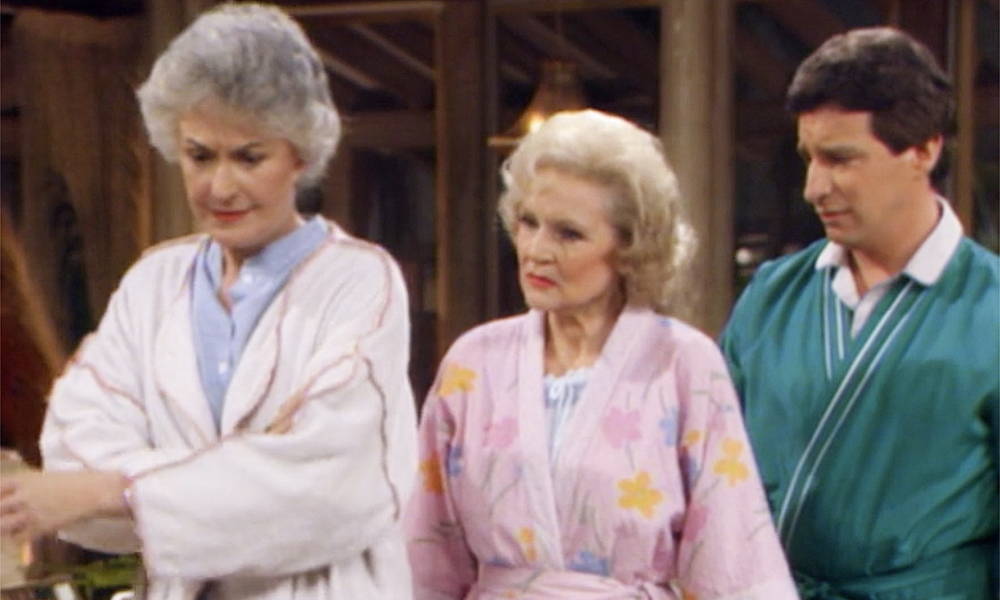
The Engagement (a.k.a. The Pilot)
Season 1, episode 1
Original airdate: September 14, 1985
The episode that started it all is also notable for featuring the character of Coco (Charles Levin), who makes his one and only appearance in the series. Coco was a gay character being played for laughs…who can forget Sophia describing him as “the fancy man in the kitchen”? So why was Coco written off the show? “It really came down to that there wasn’t enough room in a half hour,” producer Paul Witt explained in Golden Girls Forever. And although it might be tempting to wonder whether Coco was cut because it was the height of the AIDS panic in 1985, Witt insists he was eliminated for purely practical reasons. “Charles Levin was a terrific actor, and was terrific in the part, but we had too much.” Writer Susan Harris added, “We couldn’t possible service all five regular characters adequately.”
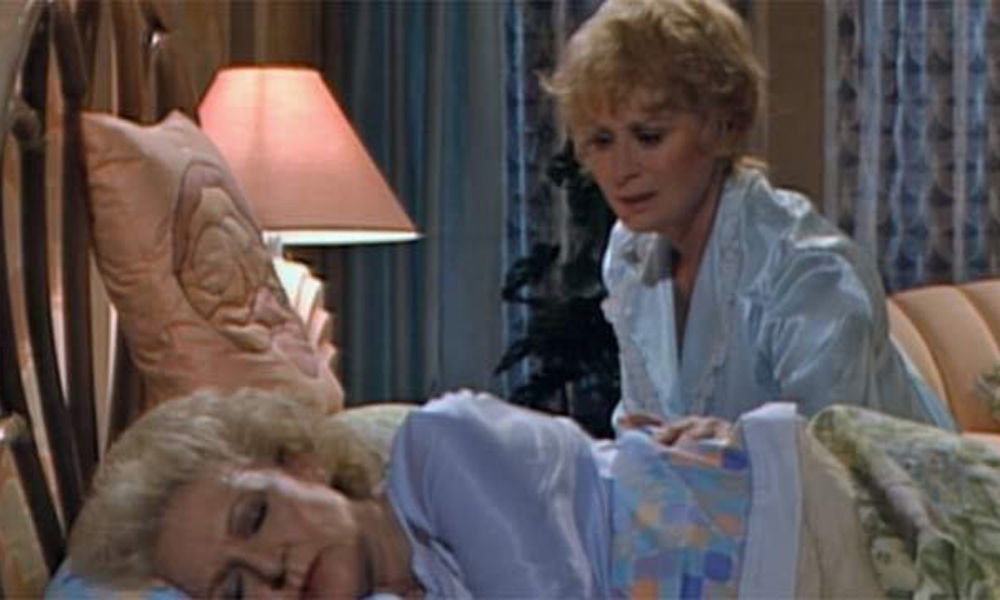
Isn’t It Romantic?
Season 2, episode 5
Original airdate: November 8, 1986
“Isn’t It Romantic?” marked the first time The Golden Girls addressed homosexuality, post-Coco. In the episode, Dorothy’s friend Jean (Lois Nettleton) comes to visit. Jean is a lesbian whose partner, Pat, recently passed away. Dorothy decides not to tell Rose and Blanche that Jean is gay, but they discover it for themselves when Jean ends up falling for Rose. Rose eventually tells an embarrased Jean that, while she doesn’t reciprocate her romantic feelings, she is flattered and the two agree to remain good friends. This episode also memorably features the infamous “Lebanese” joke, among many other hilarious moments.
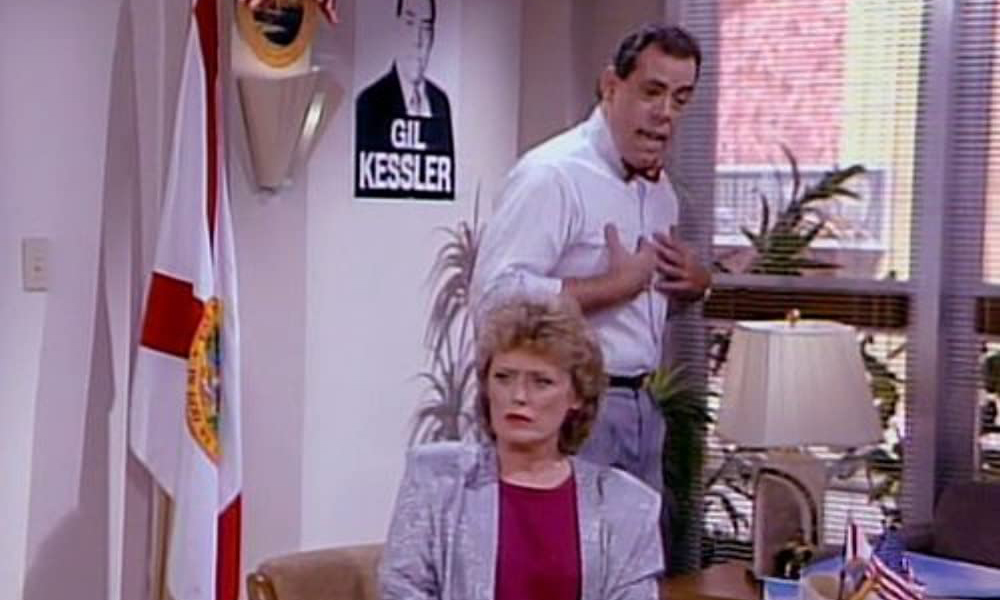
Strange Bedfellows
Season 3, episode 7
Original airdate: November 7, 1987
“Strange Bedfellows” is notable for featuring one of the first trans characters on American television. In the episode, the ladies are trying to get wimpy councilman Gil Kessler (John Schuck) reelected. When Kessler claims that he and Blanche had an affair, Blanche protests her innocence but the girls do not believe her. The episode ends when Gil makes his election speech, admitting that he didn’t sleep with Blanche before revealing that that he is transgender and his name before 1968 was Anna-Maria Bonnaduci.
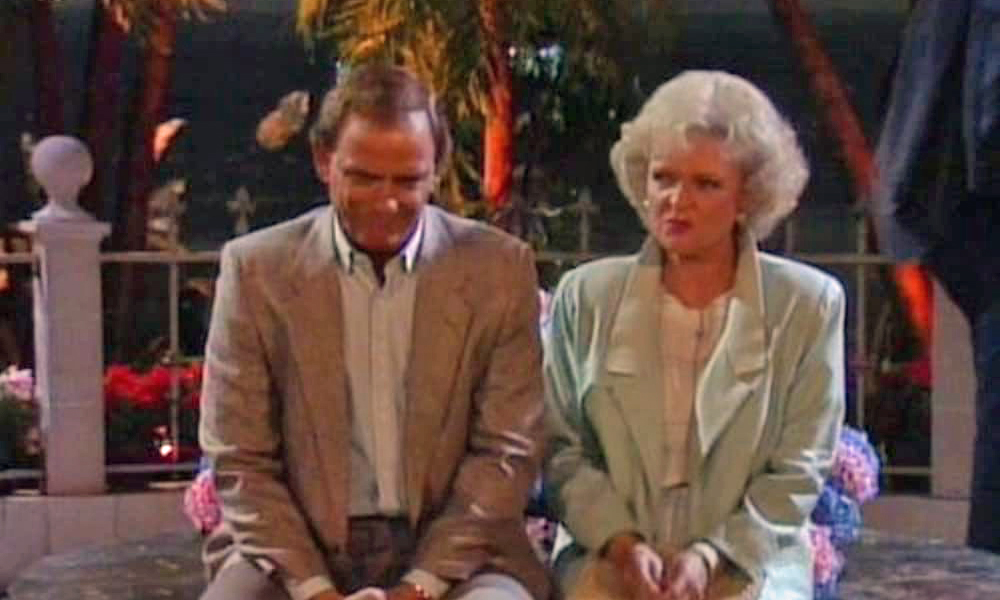
Scared Straight
Season 4, episode 9
Original airdate: December 10, 1988
When Blanche’s younger brother Clayton (Monte Markham) arrives for a visit, we meet the male version of our Southern belle for the first time. In this episode Clayton, who is gay, struggles with coming out to Blanche. Hilarity ensues, of course, and Clayton does eventually tell Blanche that he’s gay…but only after he claims to have slept with Rose. Blanche, who initially refuses to believe it, eventually comes around to accepting that she and her brother may just have the same excellent taste in men. Fun fact: the episode originally aired shortly after the very first National Coming Out Day in 1988.
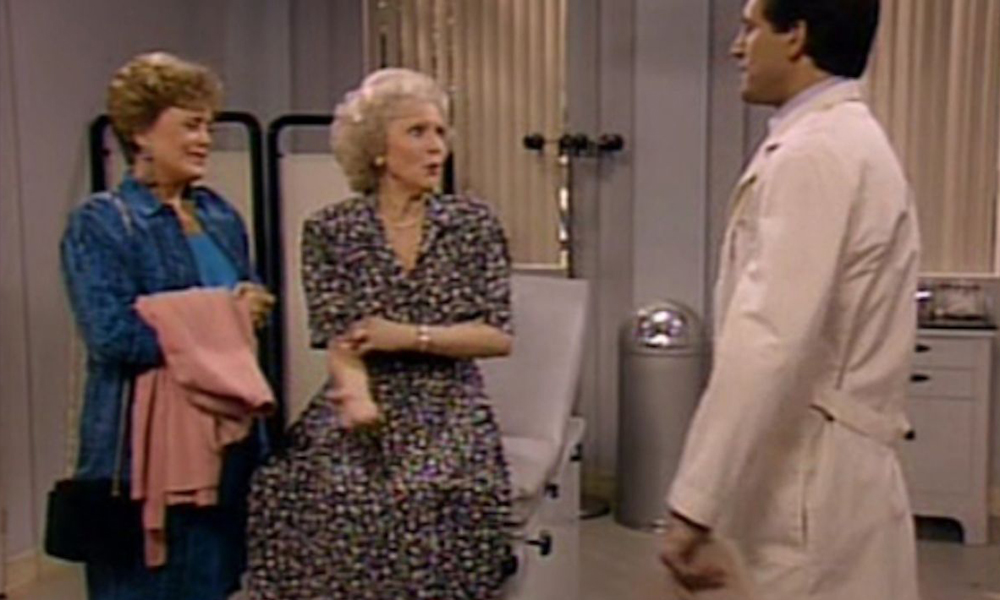
72 Hours
Season 5, episode 19
Original airdate: February 19, 1990
While this episode from the fifth season doesn’t actually include any LGBTQ characters, it is still one of the most memorable of the series because it dealt with issues surrounding HIV and AIDS that many in the community were dealing with at the time. Rose is tested for AIDS following the revelation that she may have been exposed to blood containing HIV antibodies when she had her gallbladder removed. The Golden Girls showed audiences that AIDS was something that could affect anyone.
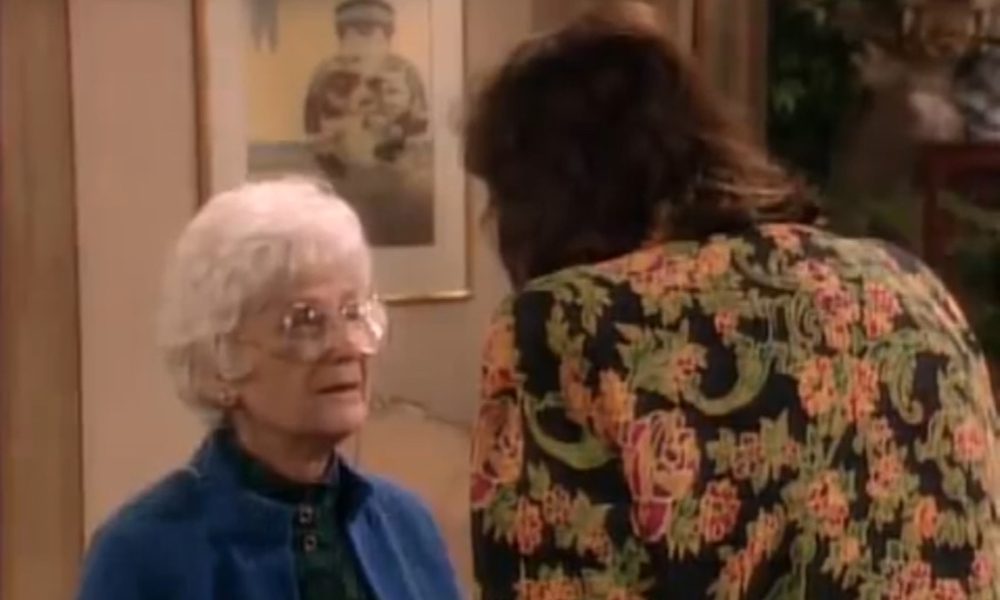
Ebbtide’s Revenge
Season 6, episode 12
Original airdate: December 15, 1990
When Sophia’s son Phil dies, she must deal with her animosity towards his widow, Angela (Brenda Vaccaro) and must come to terms with her son’s cross-dressing. Sophia admits that every time she saw her son, she wondered what she had done wrong. When Angela assures Sophia that her son was indeed a good man, Sophia finally mourns when she cries out, “My baby is gone”…one of the show’s few downbeat ending lines.
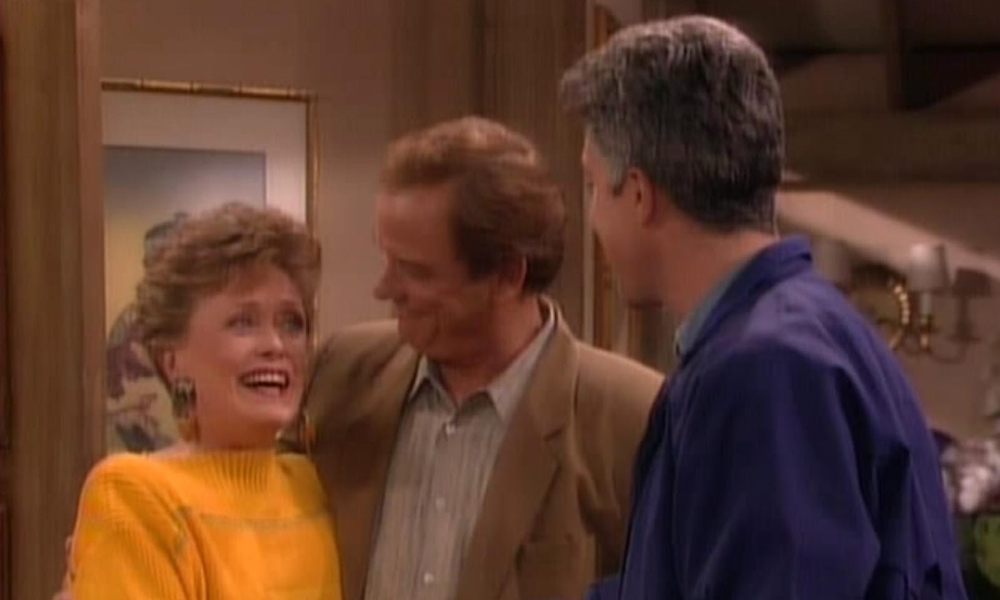
Sisters of the Bride
Season 6, episode 14
Original airdate: January 12, 1991
Blanche’s brother Clayton returns with a big surprise: his fiancé Doug (Michael Ayr). Although Blanche claims to have accepted her brother’s sexual orientation, seeing him with his boyfriend catches her off guard. There are endless jokes and lines throughout the episode that helped to explain the topic of marriage equality to viewers at a time when it was still a new concept for many. One of the most memorable came from Sophia when she schools Blanche, and ultimately the audience, on marriage equality: “Everyone wants someone to grow old with. And shouldn’t everyone have that chance?”
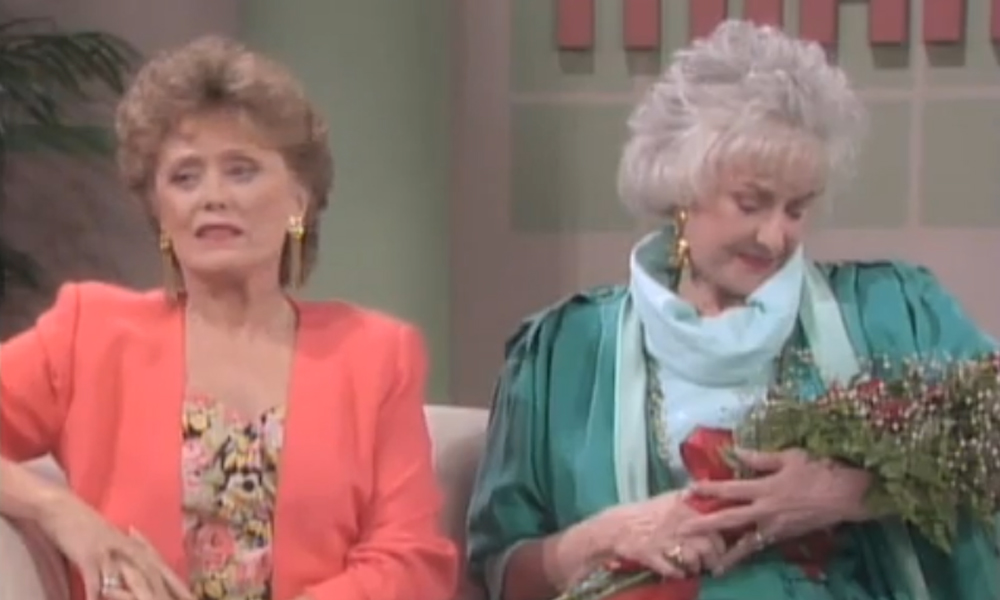
Goodbye, Mr. Gordon
Season 7, episode 15
Original airdate: January 11, 1992
In this episode, Rose is promoted to associate producer of the Wake Up Miami show at a local TV station, and books Dorothy and Blanche as guests for a talk show. But they are both shocked, as the cameras roll, to learn that the segment, “Women Who Live Together,” is about lesbians. Though they’re furious at being tricked into making the appearance, Dorothy and Blanche decide to play along rather than risk costing Rose her job.
—
CHRISTOPHER TURNER acted as guest editor for this issue of IN Magazine. He is a Toronto-based writer, editor and lifelong fashionisto with a passion for pop culture and sneakers. Follow him on social media at @Turnstylin.
RELATED:

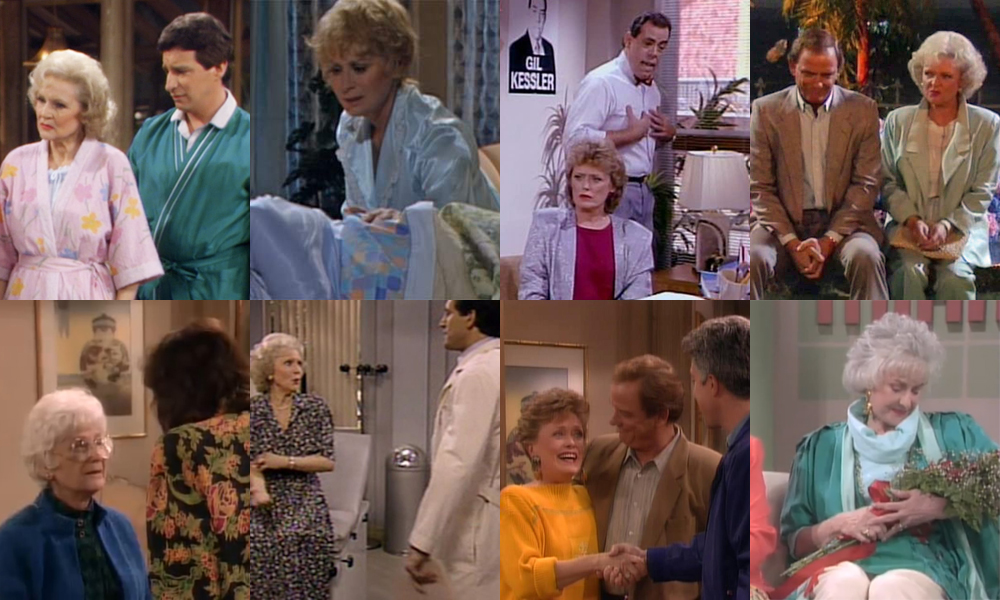

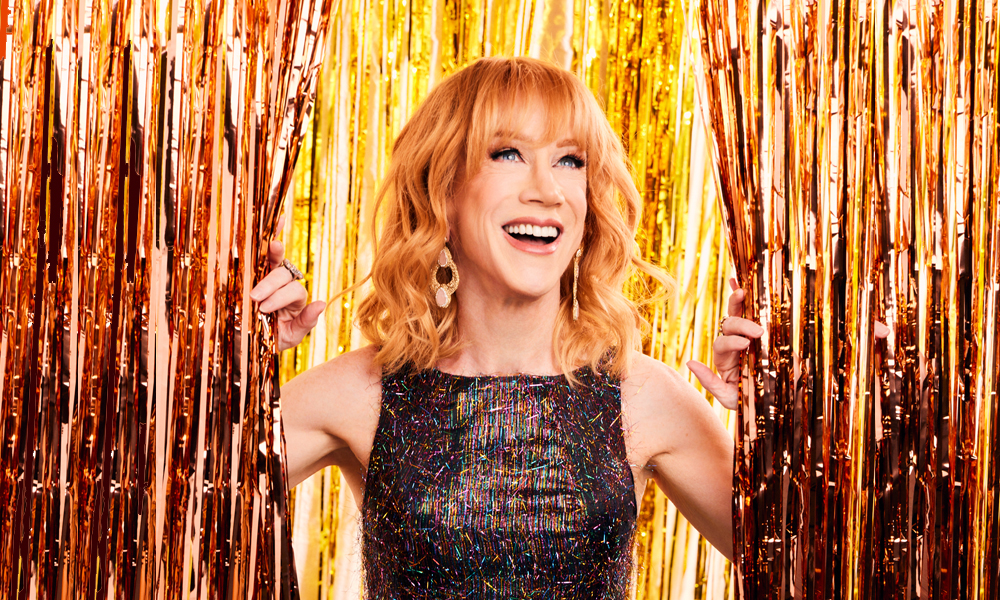

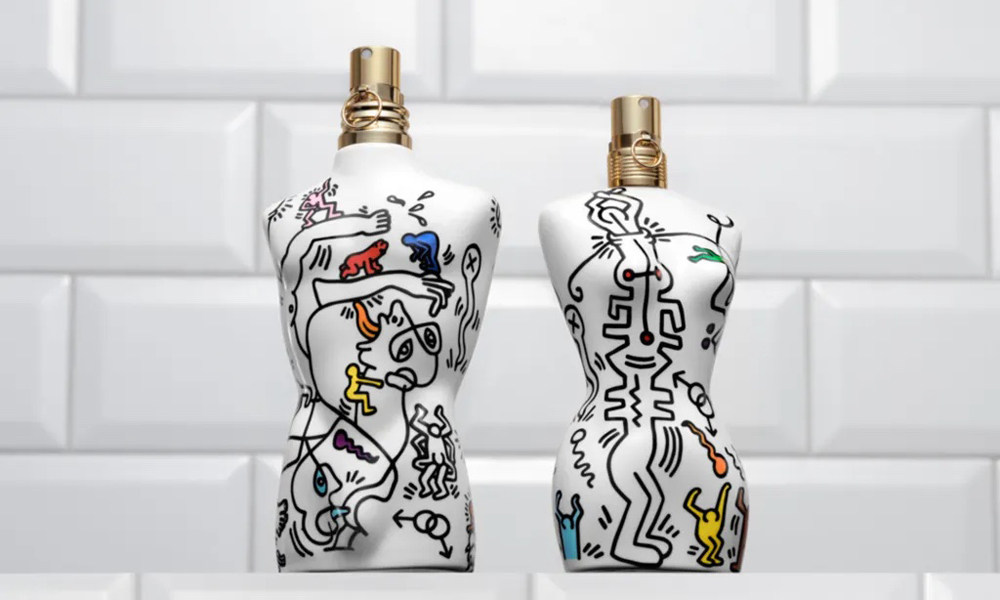

POST A COMMENT